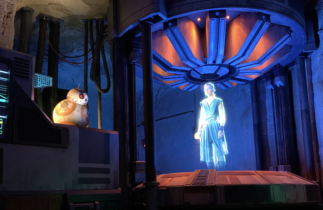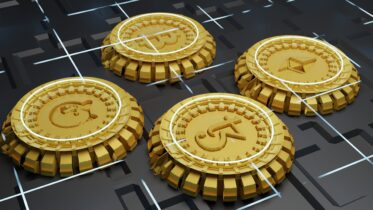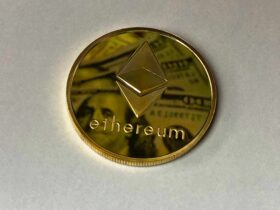The market for non-fungible tokens, or NFTs, was valued at $232 million in 2020, increasing to $22 billion in 2021. Because of its growing popularity in collectible trading and the developing significance of Decentralized Finance (DeFi), this market is anticipated to expand by around three times by 2031 as Web3 comes into being.
This article delves into why NFTs are an essential part of the future and how they fit into the evolution of the internet, known as Web3 and, eventually, Web4.
What Are NFTs?
NFTs are digital coins that operate similarly to cryptocurrencies on a blockchain. But they differentiate from crypto tokens because each one is bespoke. This means they can grant “uniqueness” to other assets to which they are connected. Digital art has proven to be the most common initial use for NFTs, with pieces made by artists like Grimes and Beeple being well-liked with online collectors, frequently fetching high prices.
NFTs are most frequently stored on the Ethereum blockchain. However, they may also be kept on other blockchains, including Polygon and Binance.
What Is Web3?
The phrase Web3 represents the notion of an innovative, improved internet. In essence, Web3 leverages blockchains, cryptocurrencies, and NFTs to return ownership and authority to the consumers. As put by a tweet from 2020: Web1 was read-only, Web2 is read-write, and Web3 will be read-write-own.
Some Web3’s core virtues are:
- Decentralized. Ownership of the internet is distributed among its builders and users, rather than with a controlled entity.
- Inclusive. Everyone has equal access to participate.
- Merit-driven. Web3 uses economic mechanisms and incentives rather than relying on third parties.
Let’s give a contextual example of how Web3 works.
Web3 offers you control of your digital assets. Let’s take the scenario of playing a web2 game. An in-game item that you buy is linked to your account immediately. You will lose it if the game’s developers terminate your account, or if you quit the game.
Direct ownership is possible with Web3, thanks to (NFTs). Nobody, not even the game designers, has the authority to revoke your ownership. Additionally, you may sell or trade your in-game possessions on open marketplaces to recuperate their worth if you decide to stop playing.
Read the full article here.






